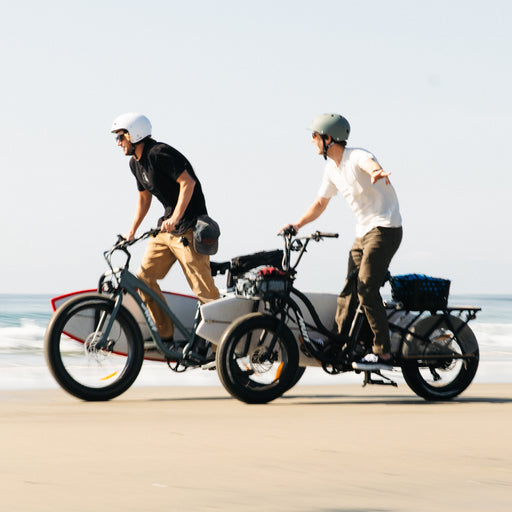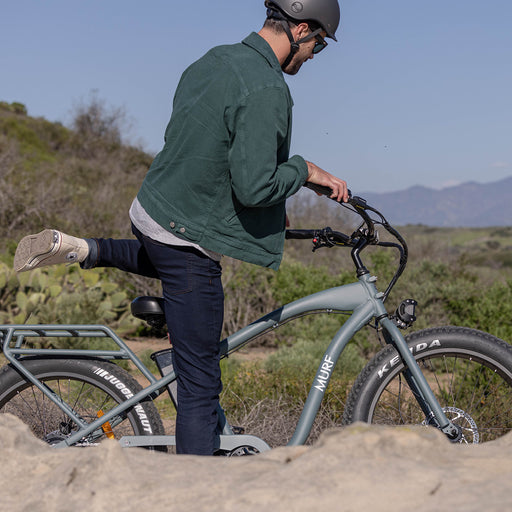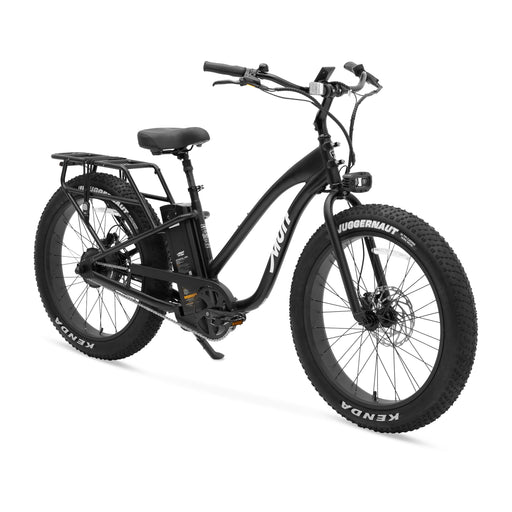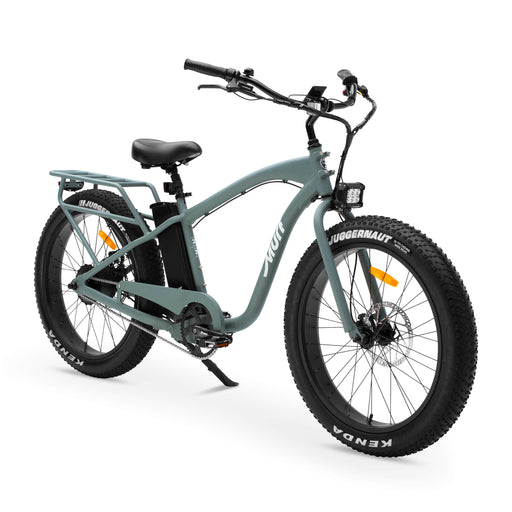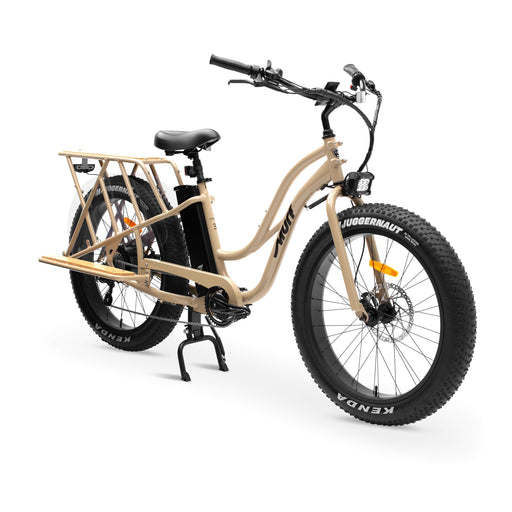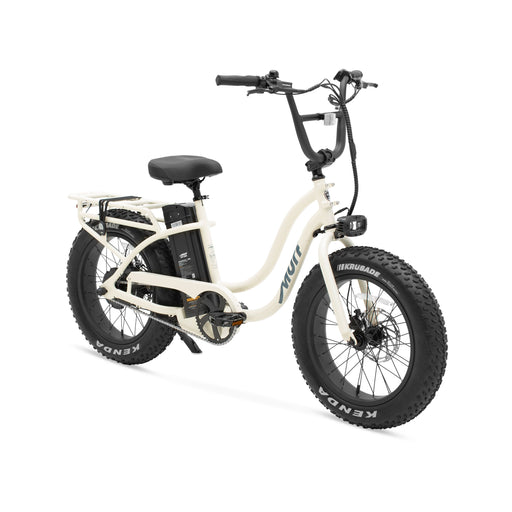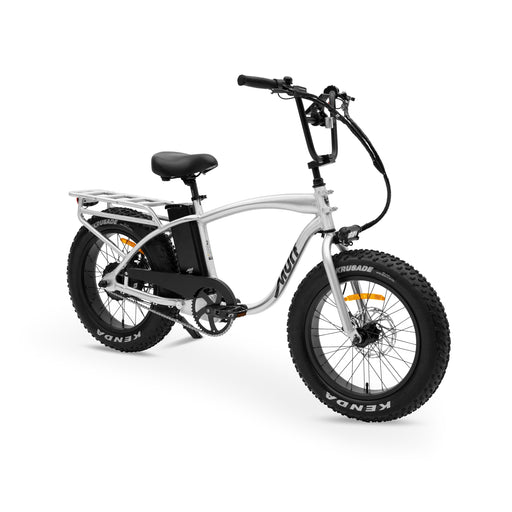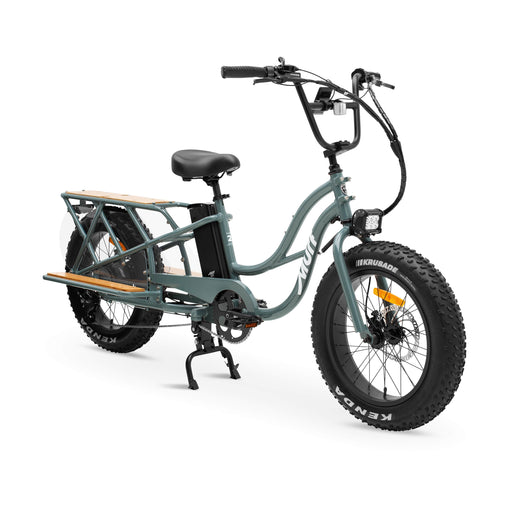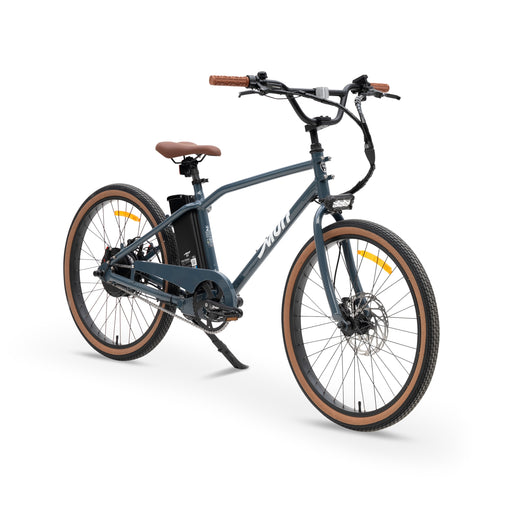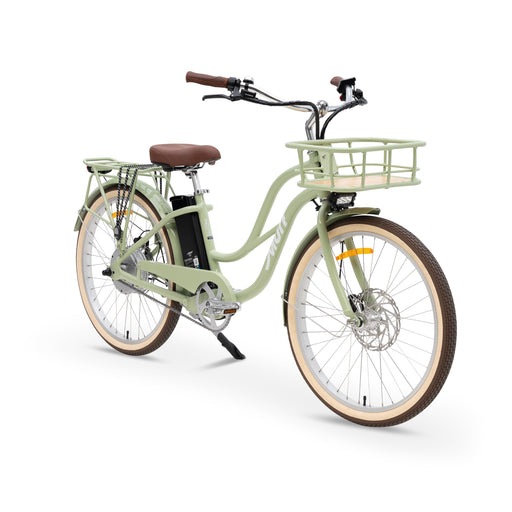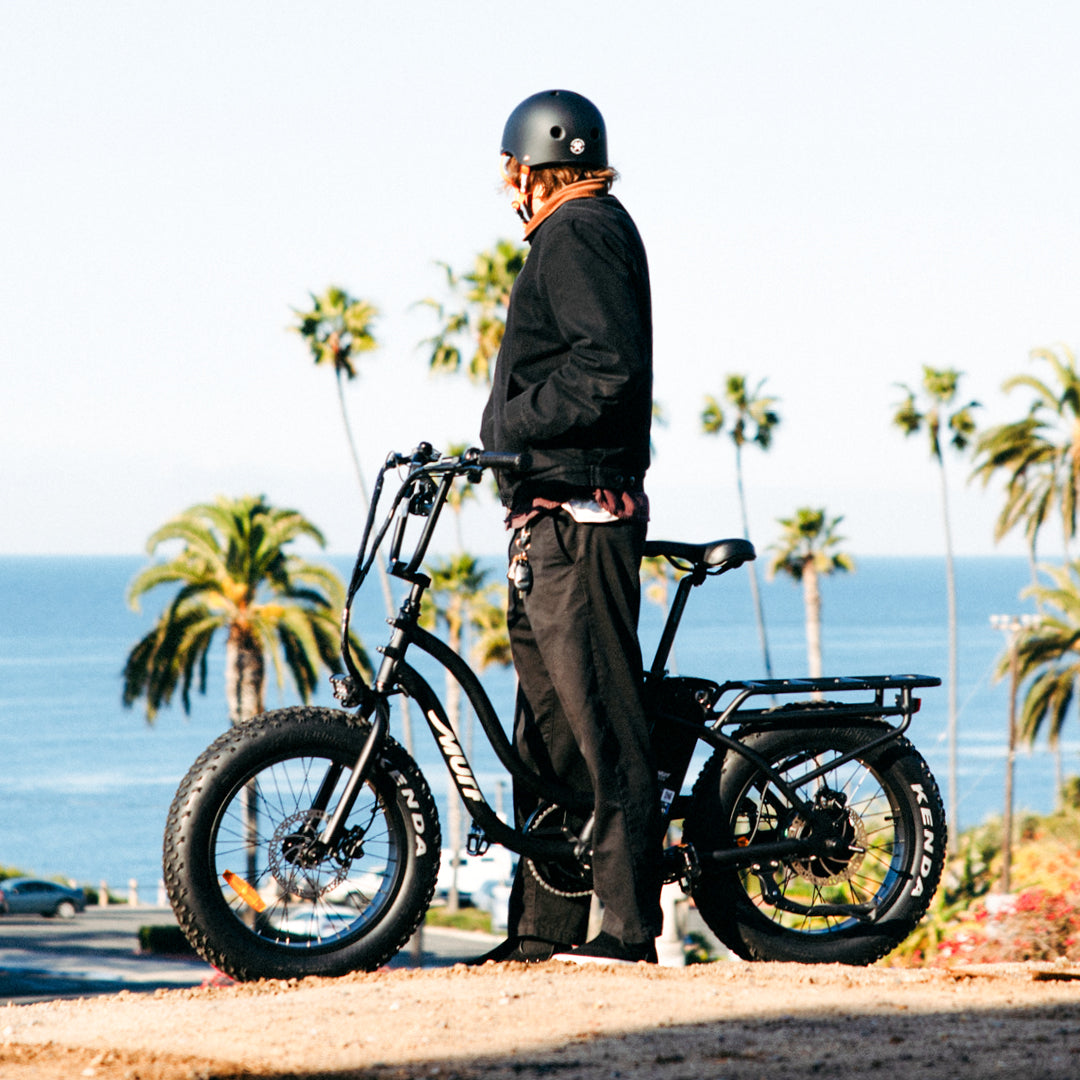Racing Terminology
Abandon: When a rider must quit a race
Attack: When a racer accelerates suddenly to take the lead or just move ahead of another cyclist
Bonk: A state of exhaustion caused by not eating enough during a lengthy ride
Bonus Sprints: A "race within a race" where riders can earn bonus points if they are one of the first three to cross a certain point
Breakaway: A rider or group of riders who pull away from the main group. Often, a tenuous alliance will form within a breakaway group, with all of them helping each other until they near the finish line.
Bridge: A rider or group of riders who break out of the main group and catch the breakaway rider or group
Broom Wagon: A vehicle that follows the riders, picking up those who have given up on the race
Caravan/Race Caravan: A group of vehicles that provide support to the riders. Each team will have its own vehicle in the caravan, which carries fresh clothes, food, and team coaching staff.
Circuit Race: A race consisting of multiple laps around a course that's at least two miles long
Clincher: The traditional style of bike tire that's rim-mounted using a Kevlar bead or wire. They are easy to repair or replace. However, they are heavier than a tubular tire.
Col: A mountain climb during a race
Criterium: A one-day, multi-lap race on a closed course that's usually less than a mile long
Derailleur: The mechanism on a multi-speed bike that moves the chain onto a different sprocket, allowing the bike to change gears
Disc Wheel: A wheel that doesn't have open spokes. Disc wheels are heavy but highly aerodynamic.
DNF: DNF is the acronym for "did not finish."
Domestique: A member of a cycling team whose job is to help the leader of their team to win the race. A domestique might help the leader get into the breakaway or pace the leader during a tough climb. Sometimes, domestiques will even give up one of their wheels if one of the leader's wheels goes flat; this lets the leader save precious seconds, while the domestique must wait for the team mechanic.
Drafting: When a riders takes a position behind another rider so they deal with less headwind
Drop/Dropped: When a rider in a group gets left behind
Échappée: From the French for "escape," an échappée is a cyclist who breaks away from the larger pack of riders.
Echelon: A formation in which cyclists make a long, staggered line that positions each rider downwind of the cyclist ahead of them. It allows the whole group to move faster.
Équipe: French for "team"
Feed Zone: A designated spot on the route where riders can grab bags of food and water as they pass by
Gap: The distance or time between one cyclist or group and another cyclist or group
General Classification (G.C.): The leaderboard for a race, showing every cyclist's total time
Gruppetto: Italian for "small group," it's a group of riders who can't keep up to the rest on a climb. The riders in the gruppetto will help each other to stay ahead of the time limit.
Hammer: From the saying "to put the hammer down," it means when a cyclist pushes themselves hard.
King of the Mountains (KOM): The racer awarded the most points from the climbing passes
Lead Out: When a leader's teammates ride in a line in front of the leader as they approach the finish line, then peel off one by one, leaving the leader in the best condition for the last sprint
Mechanical: Short for "mechanical problem," as in "I had a mechanical"
Mountain Climb Classifications: Mountain climbs are ranked by difficulty, with category 4 being the easiest. Difficulty increases for categories 3, 2, and 1 and the Hors-Categorie, which is the hardest.
Neutral Section: The first few miles of a course, in which riders move at a moderate pace and attacks aren't allowed. It gives the riders a chance to warm up and race officials a chance to organize the caravan.
Paceline: Two or more riders who draft off of each other. Usually, they will switch off being the person riding in front.
Peloton: The main group of cyclists during a race
Slipstream: The space behind a rider where there's less wind resistance
Squirrel: A rider who moves erratically while cycling in a group of other racers
Technical: A challenging portion of a race that requires careful handling of the bike to successfully complete
Time Cut: The point at which riders are disqualified based on their time. During each stage of a race, all riders must finish within a percentage of the leader's time or they are cut from the race.
Tubular: A tired with an inner tube sewn inside that's flued onto a low-profile rim. These tires deliver great performance but are hard to maintain.
UCI: Union Cycliste Internationale, the group that governs international cycling events
USA Cycling: The American group that oversees official cycling events and the U.S. Olympic cycling team
Wheelsucker: An old term for a rider in a paceline who doesn't take their turn at the front
Further Reading
- All About Cycling
- The Monuments: Cycling's Five Biggest One-Day Races
- What Are the Three Grand Tours of Cycling?
- The Pioneers Who Paved the Way for Women in Cycling Today
- The Birth of the Tour de France
- Century Road Club Association History
- The First Freedom Rider?
- How Do Cycling Teams Work?
- Boston's Bike History
- What Is Road Cycling?
- How to Get Into Road Cycling





 info@murfelectricbikes.com
info@murfelectricbikes.com
 1-949-218-5920 (SC)
1-949-218-5920 (SC)
 Find Retail or Service
Find Retail or Service

